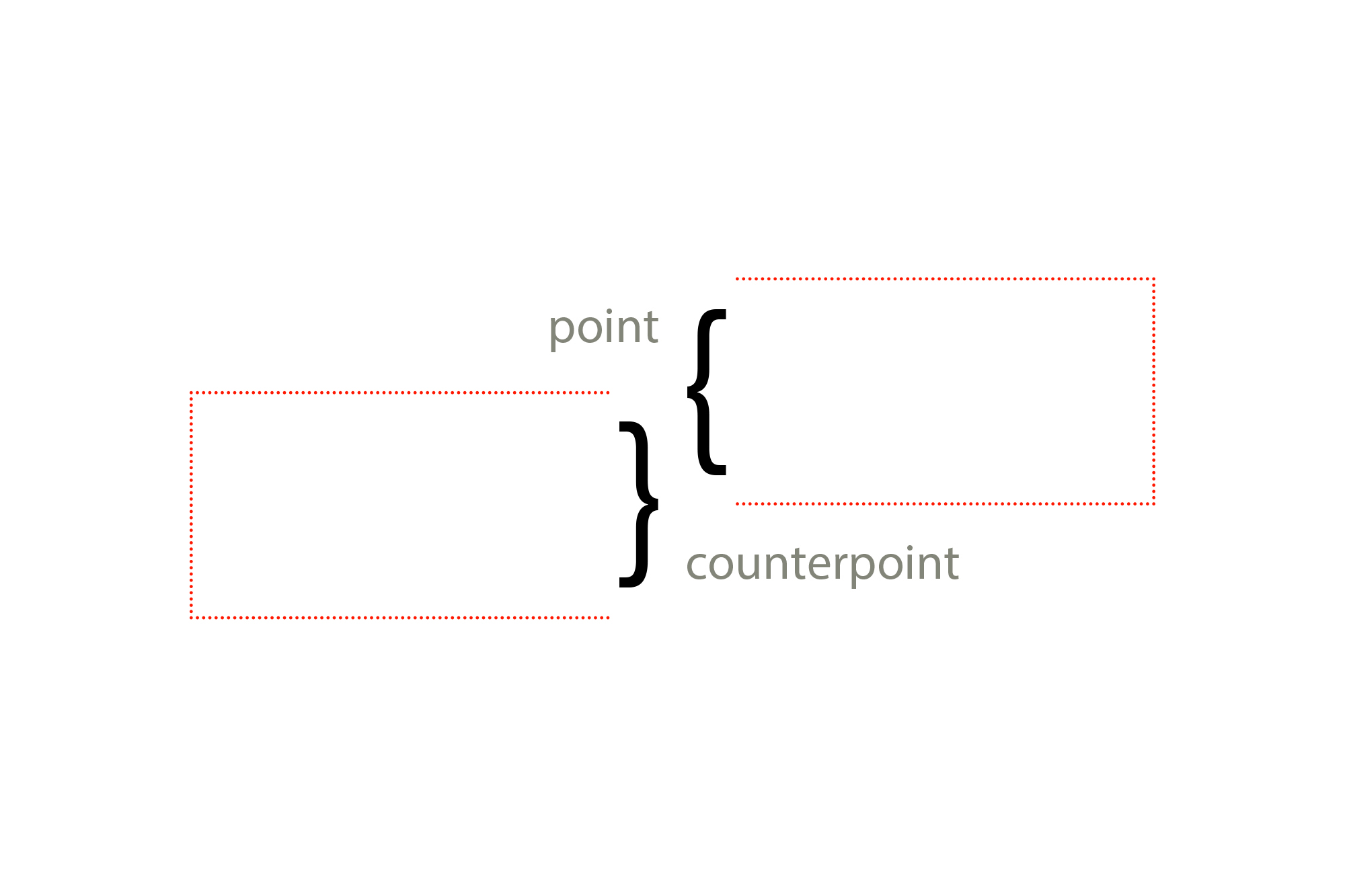 Technology
Technology
by Cary Coglianese, Maura R. Grossman and Paul W. Grimm
Vol. 107 No. 3 (2024) | JustitiaScholars and technologists see both benefits and dangers for AI in the courts. One thing they agree on: AI is here to stay. As we enter 2024, it’s tough not […]
 Law & Culture
Law & Culture
by William H. Pryor and Conor Casey
Vol. 107 No. 2 (2023) | Generative AI in the CourtsCan common good constitutionalism replace originalism? Has originalism run its course? Yes, says Harvard Law Professor Adrian Vermeule in Common Good Constitutionalism (Polity Press, 2022), which advocates for the book’s titular theory […]
 Technology
Technology
by David Hoffman, Jolynn Childers Dellinger and Connor Leydecker
Vol. 106 No. 3 (2023) | Forging New TrailsIt’s 1890. Responding in part to the invention of “instantaneous” photography, Samuel Warren and Louis Brandeis write The Right to Privacy, urging legal recognition of “the right to be let alone,” which […]
 Civil Law
Civil Law
Since at least 1990, a few courts have shifted payment of discovery costs to the requesting party either under their general case- management authority or as part of a Rule 26 […]
 Civil Law, Federal Courts
Civil Law, Federal Courts
by J. Leon Holmes and Craig B. Shaffer
Vol. 99 No. 1 (2015) | The View from the BenchJudge Leon Holmes and Magistrate Judge Craig Shaffer compare the merits of proactive versus passive pretrial judicial discovery management. Significant proposed discovery amendments will take effect on Dec. 1, 2015, […]
 Civil Law
Civil Law
by Elizabeth Cabraser and Andrew Pincus
Vol. 99 No. 3 (2015) | Fixing DiscoveryMany of us have received notice, by mail or by newspaper, of a class-action settlement on behalf of consumers who may unwittingly be claimants in a suit asserting that a […]
 Judging, Law & Culture
Judging, Law & Culture
by Orin Kerr and Michael C. Dorf
Vol. 105 No. 3 (2021) | Leaving AfghanistanThe Supreme Court is, naturally, supreme. And in the vast majority of cases, lower courts dutifully enforce the law handed down by the Court without criticism or conversation. Sometimes, however, […]
 Civil Law, State Courts, Federal Courts, Criminal Law
Civil Law, State Courts, Federal Courts, Criminal Law
by David R. Herndon and N. Randy Smith
Vol. 100 No. 1 (2016) | 100 Years of JudicatureIn some courtrooms, the practice of allowing jurors to pose questions to witnesses is gaining traction. Questioning witnesses allows jurors to clarify information and better understand the evidence and arguments […]
 Civil Law, Federal Courts
Civil Law, Federal Courts
by Michael Lynn and Andrew Hurwitz
Vol. 100 No. 2 (2016) | A Judge in Public LifeIn 1991, the Advisory Committee on Civil Rules published for public comment proposed amendments to FRCP 26(a)(1) that would mandate disclosure of documents and tangible things that “significantly bear on […]
 Civil Law, Law & Culture
Civil Law, Law & Culture
by Steven S. Gensler and Lee Rosenthal
Vol. 105 No. 2 (2021) | Judicial IndependenceWith the proliferation of social media platforms and other new technologies has come a renewed legal focus on privacy. Most of that focus has centered on data collection, storage, sharing, […]